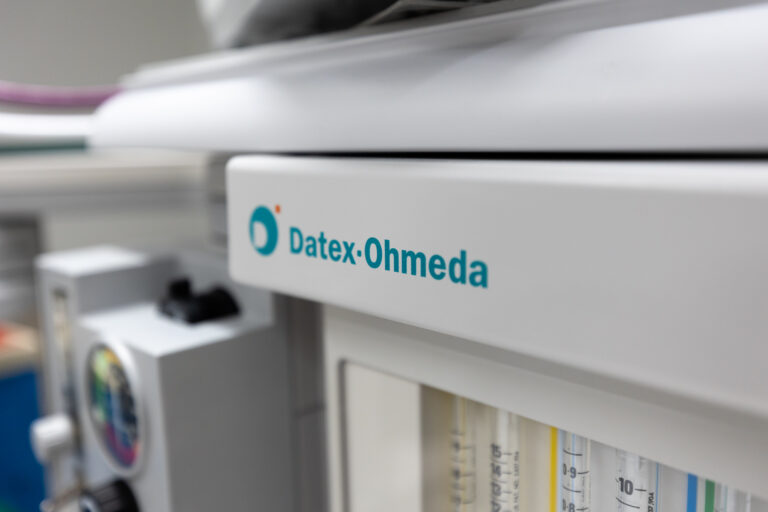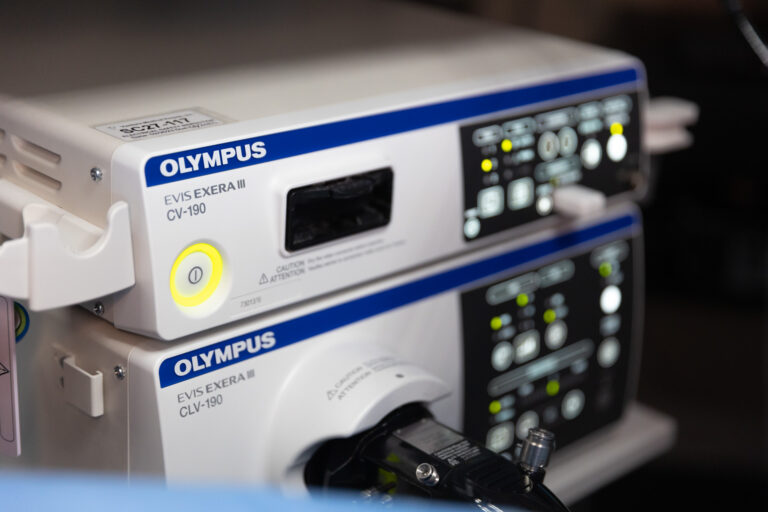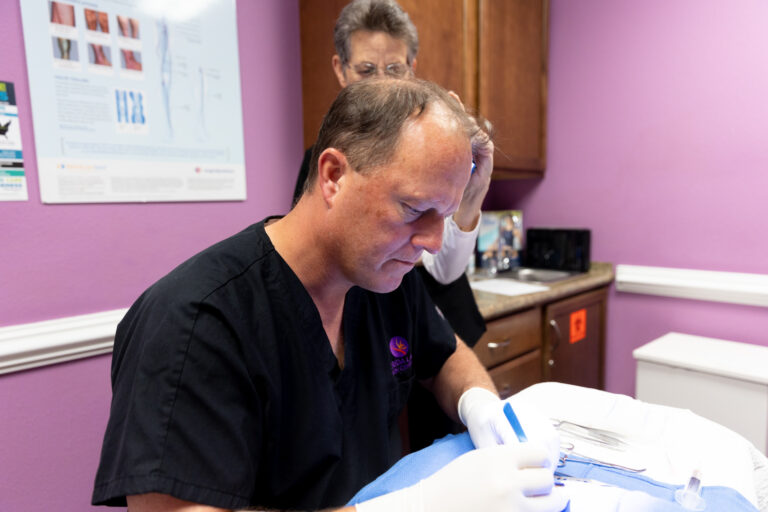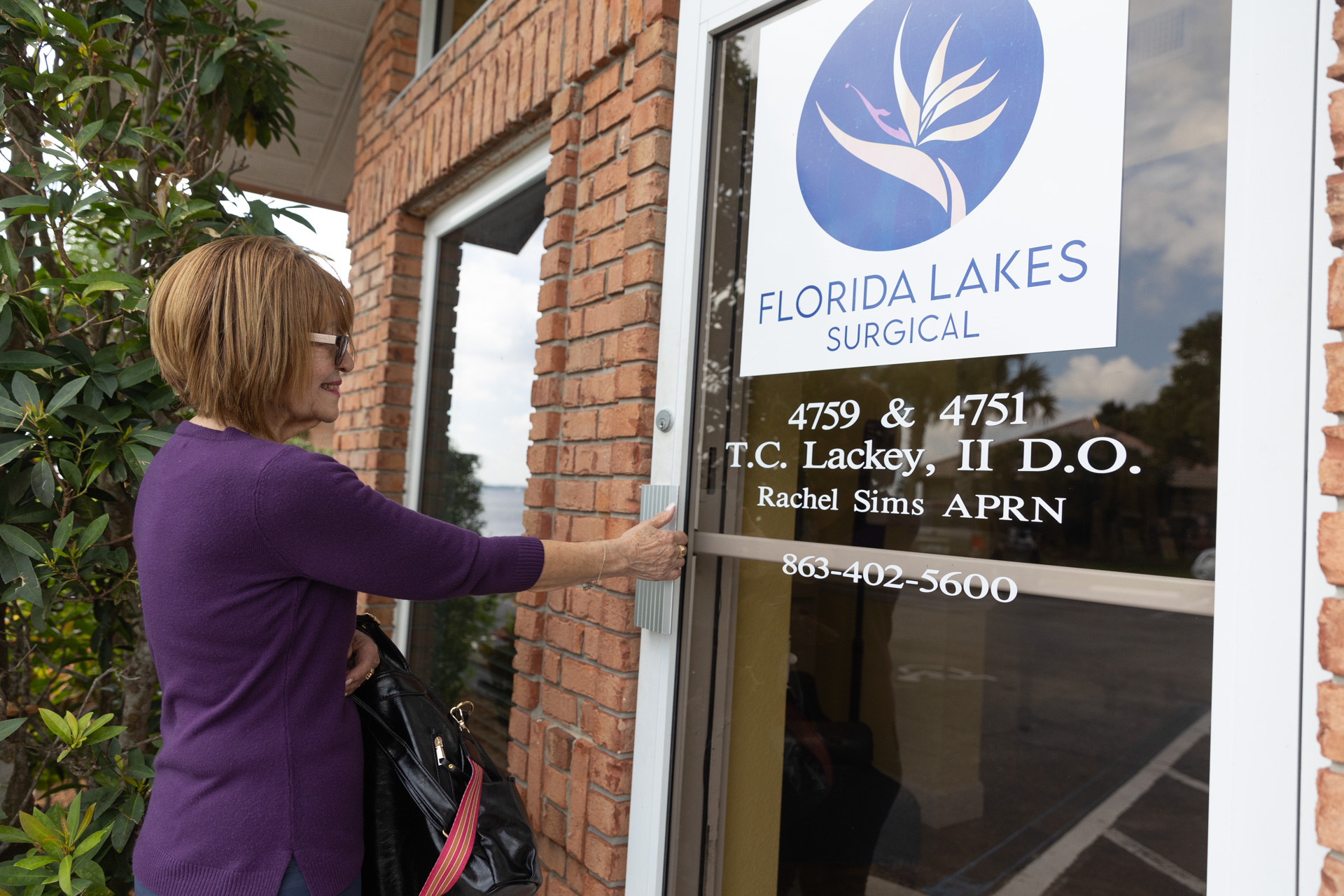Skin cancer treatment can take a variety of forms depending on the type and the stage. Some mild cancers can be removed through a simple biopsy or by freezing. Many do require surgery to remove the cancerous growth from the skin. In most cases, removal will be all you have to do for skin cancer treatment in Sebring. However, some serious forms of cancer will need chemotherapy. We’ll determine the best course of action for you after your screening.
The Specialists in Skin Cancer
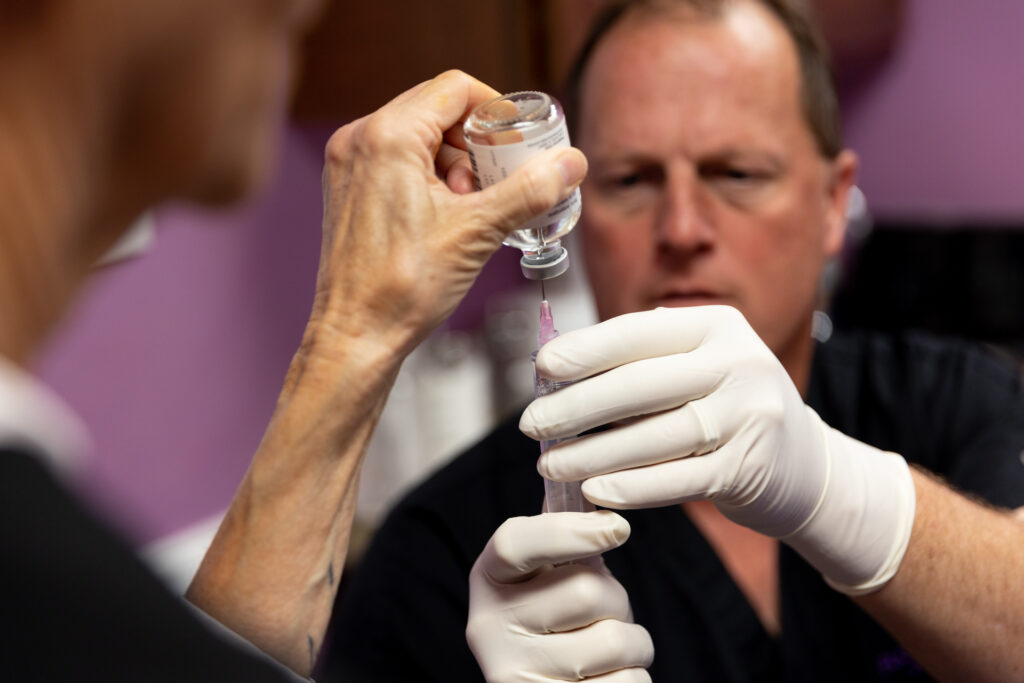
The Specialists in Skin Cancer
If you notice a spot on your skin that changes, itches, bleeds, or looks different than other spots, then it’s time to come in for a skin screening at Florida Lakes Surgical.
Even if we determine you have skin cancer, fortunately, most types of skin cancer are some of the most treatable out there. But the efficacy of treatment depends on how early we catch the abnormal growth—which is why if you have any suspicion, visit Florida Lakes Surgical in Sebring right away!
Even if we determine you have skin cancer, fortunately, most types of skin cancer are some of the most treatable out there. But the efficacy of treatment depends on how early we catch the abnormal growth—which is why if you have any suspicion, visit Florida Lakes Surgical in Sebring right away!
If you notice a spot on your skin that changes, itches, bleeds, or looks different than other spots, then it’s time to come in for a skin screening at Florida Lakes Surgical.
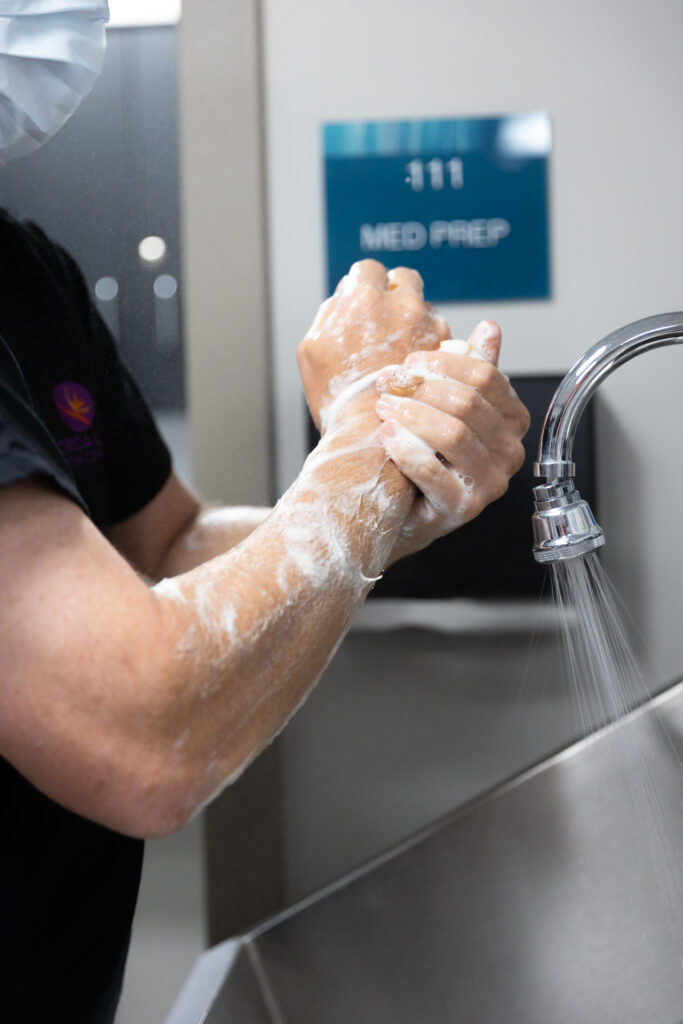

If you notice a spot on your skin that changes, itches, bleeds, or looks different than other spots, then it’s time to come in for a skin screening at Florida Lakes Surgical.
How We Approach Skin Cancer Treatment
The specialists at Florida Lakes Surgical have extensive background and training in diagnosing and treating skin cancers to help you get the best outcome. We’ll first take a look at your spot in your screening. If we think it may be cancerous, we’ll perform a biopsy to test for cancer. Then, we’ll discuss more about your treatment plan, which may include surgery or chemotherapy.
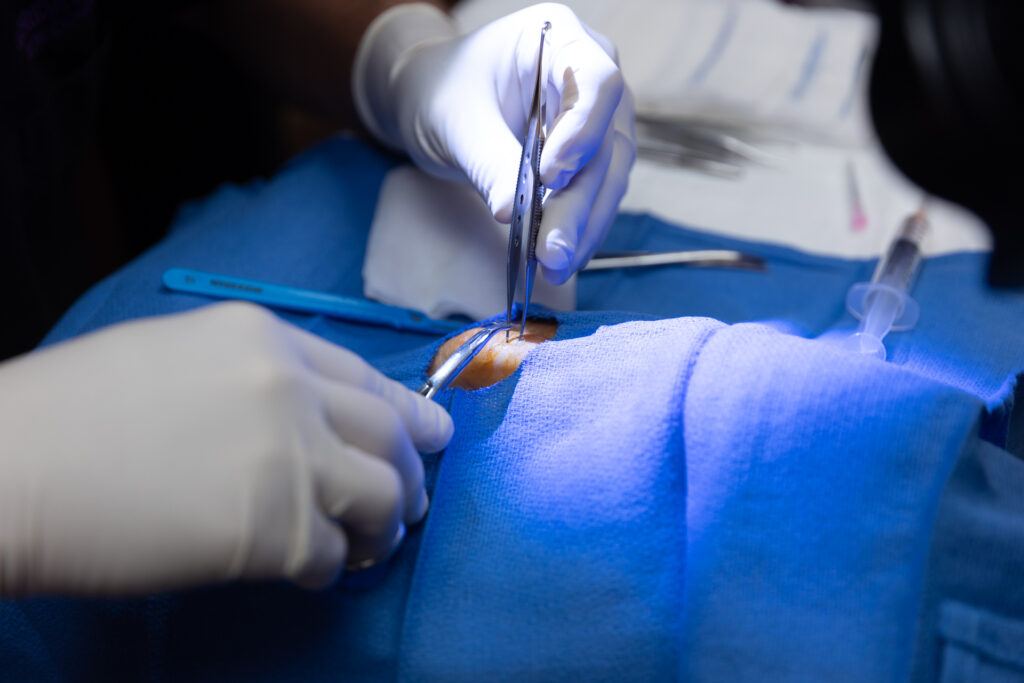
Risk Factors for Skin Cancer
Exposure to Ultraviolet Light
Significant exposure to UV rays, such as from the sun or tanning beds, damages your skin cells and increases the likelihood of cancerous growth.
Light Skin & Hair
People who have lighter skin, hair, and eyes are more likely to develop skin cancer, especially because of their tendency to burn in the sun.
Family History
If you have family members with skin cancer, your risk of getting it yourself rises.
Frequently Asked Questions About Skin Cancer
The number one way you can prevent skin cancer is to avoid exposure to UV light. The biggest predictor of whether or not you may get skin cancer is the amount of time you spend in the sun, and whether or not you’ve had severe sunburns in the past. Regularly applying sunscreen will help protect your skin, so we recommend using sunscreen every day to minimize any sun damage.
Actually, skin cancer is the most common type of cancer in the United States. About 1 in 5 adults will develop skin cancer at some point in their life. But it’s also one of the most treatable and survivable cancers, if caught early!
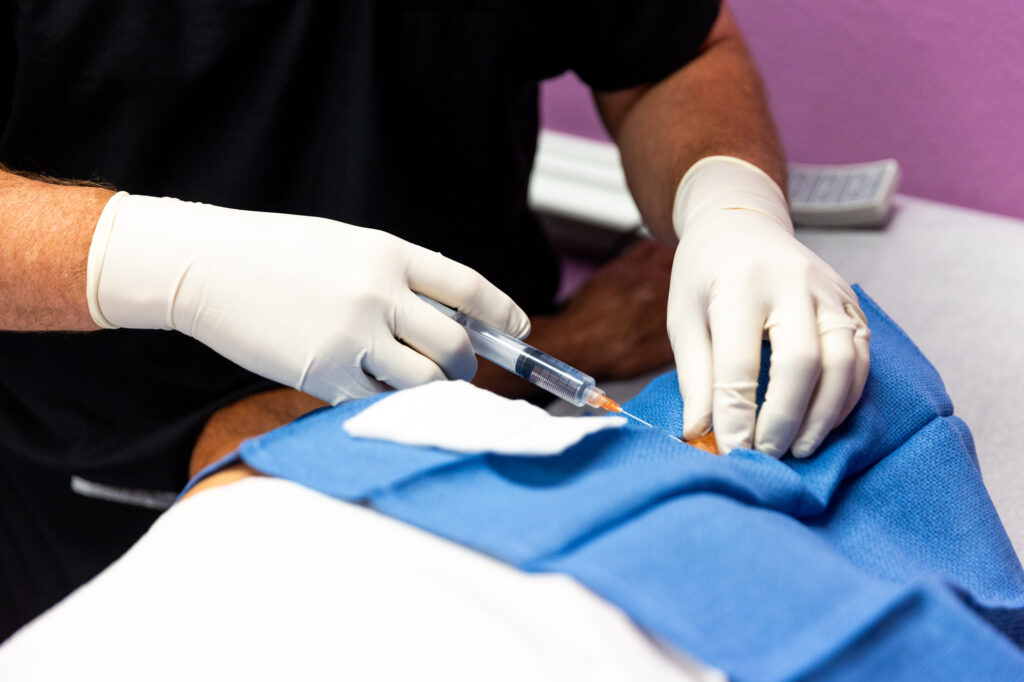

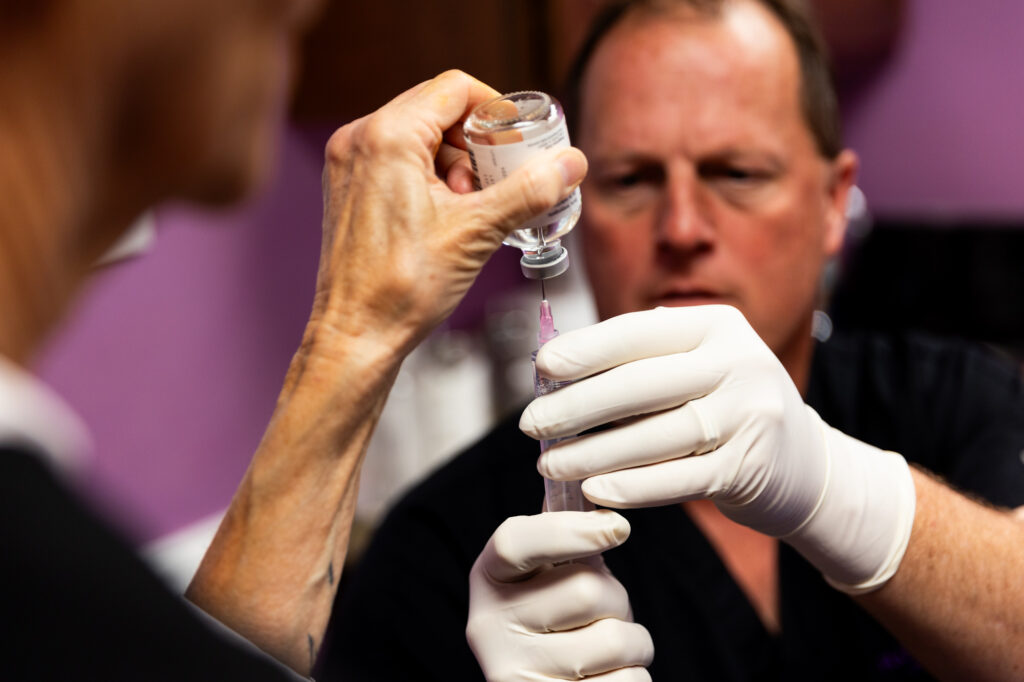
About Florida Lakes Surgical
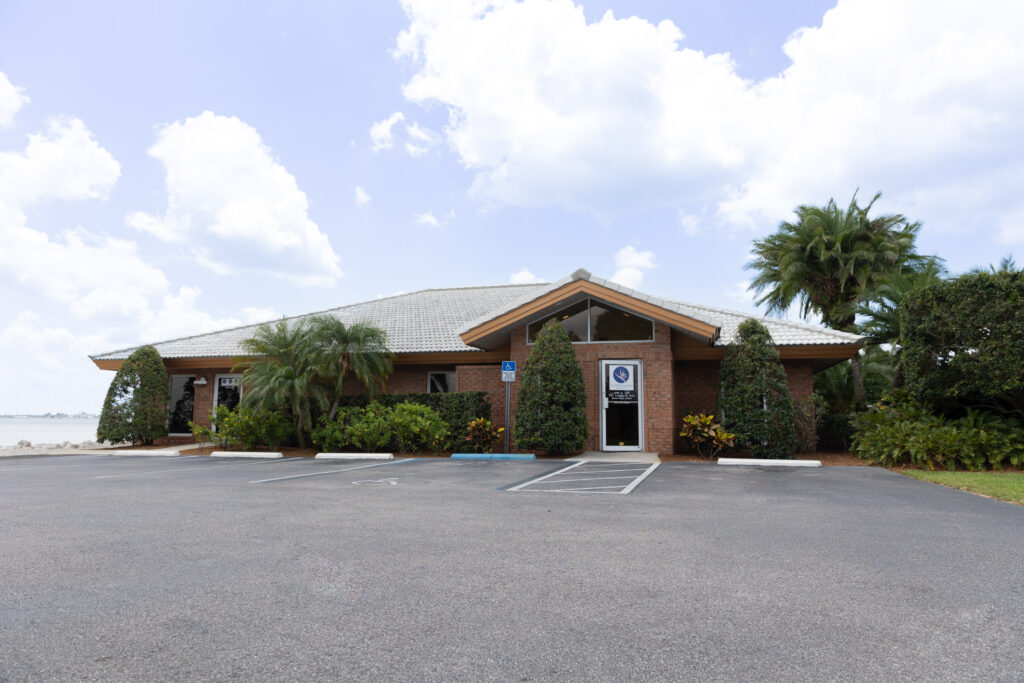
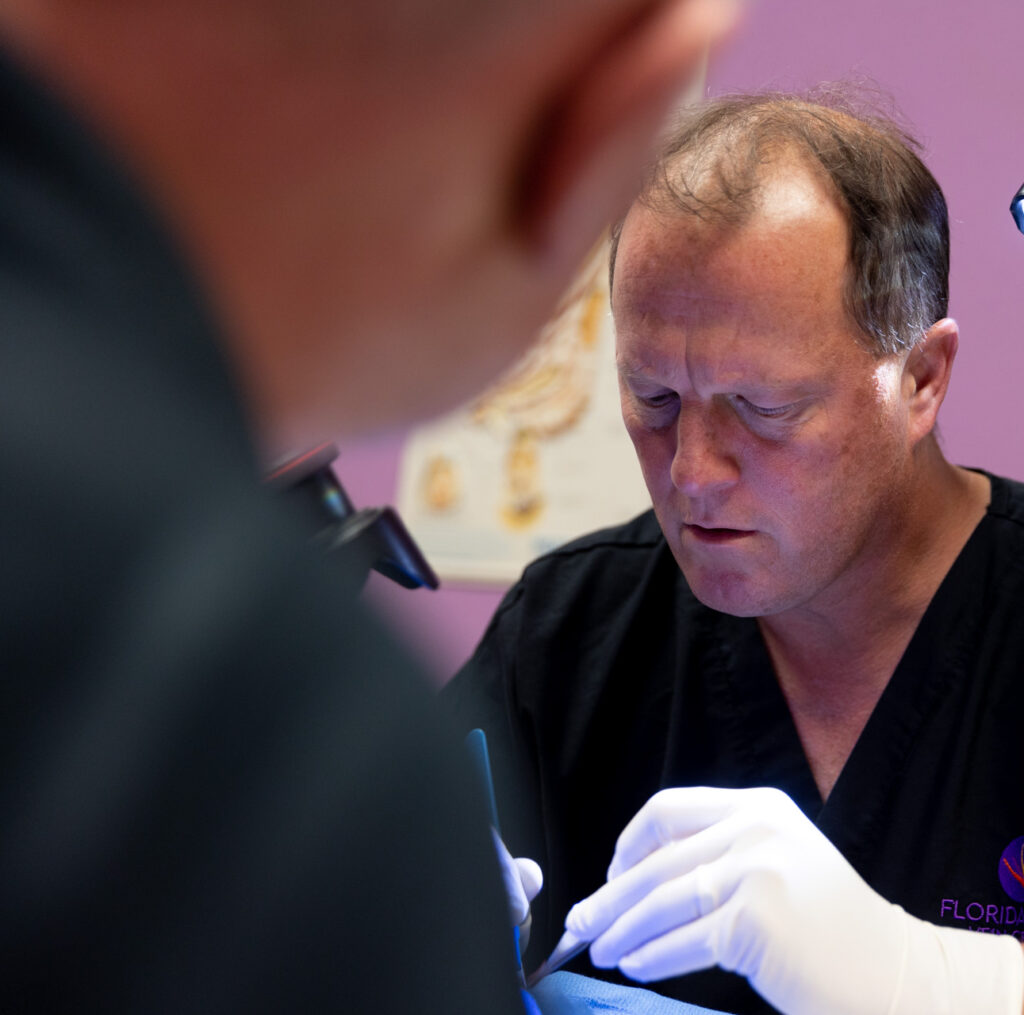
The team at Florida Lakes Surgical strives to help all of our patients experience life free from the pain and discomfort of skin cancer.
As specialists in robotic and general surgery, we explore all possible options for our patients before selecting a skin cancer treatment in Sebring that will both fit into their lifestyle and give them much-needed healing.
Get Your Spots Checked Out Now
